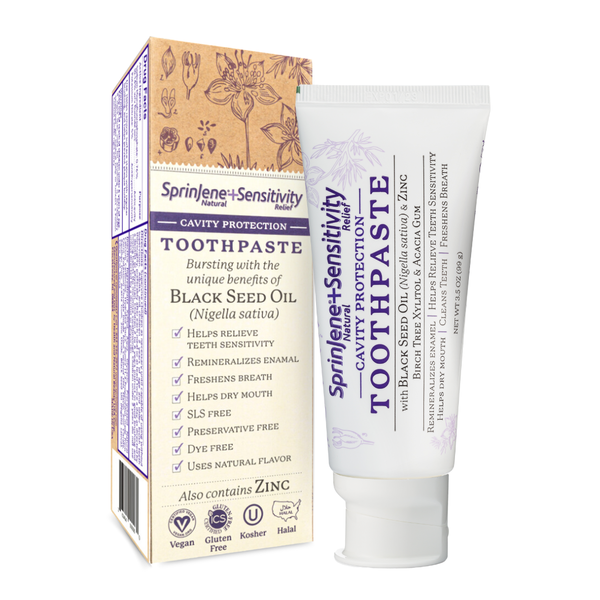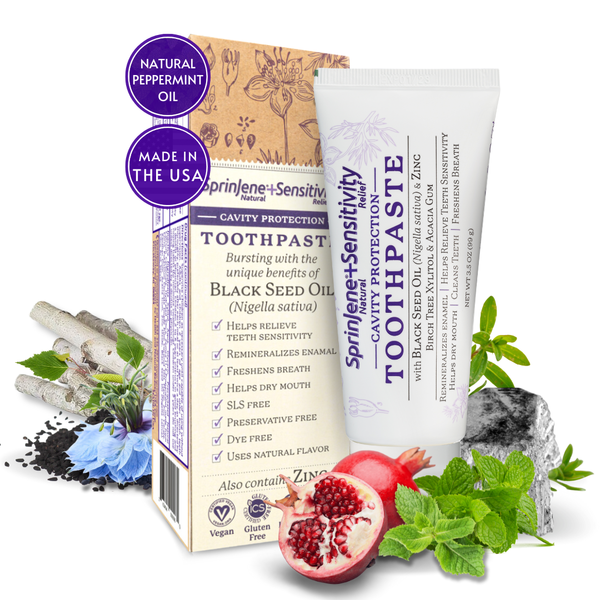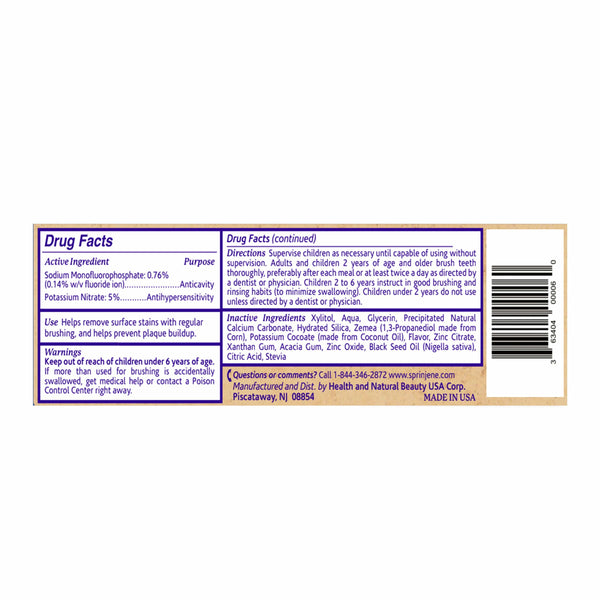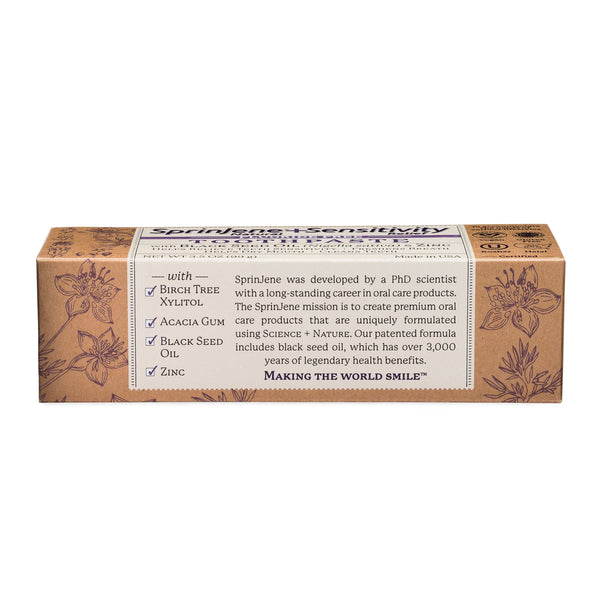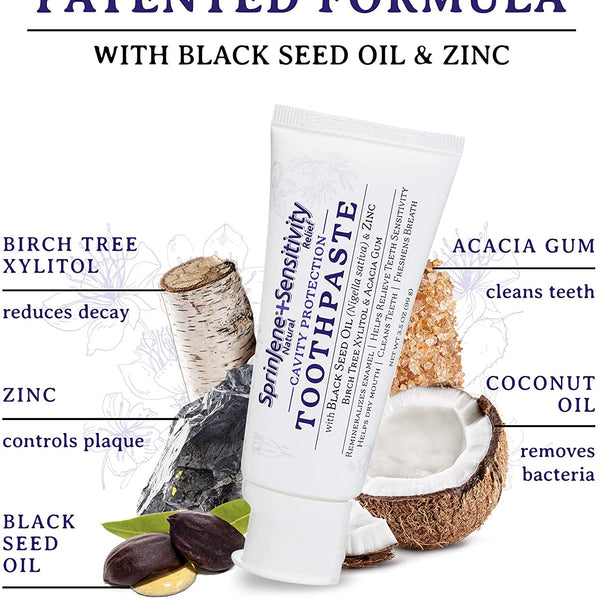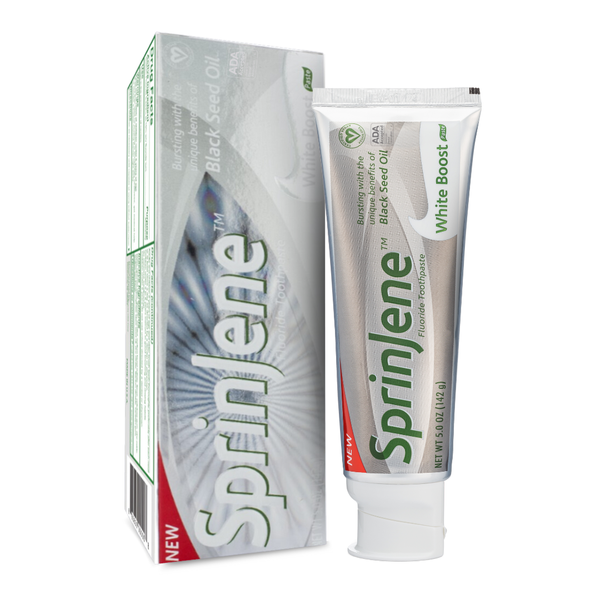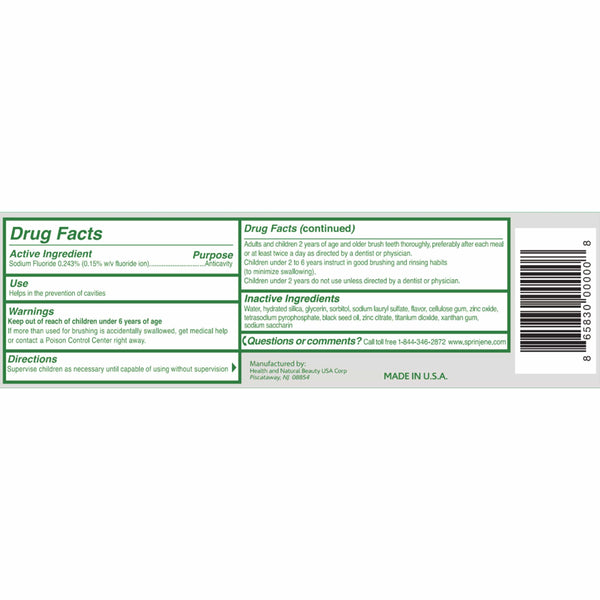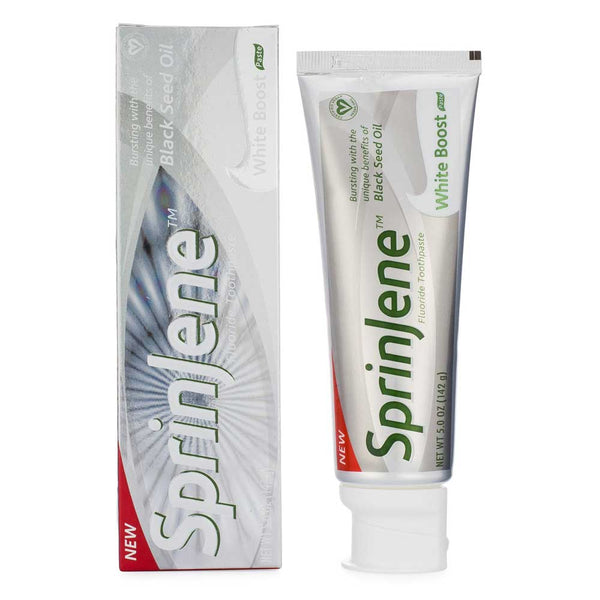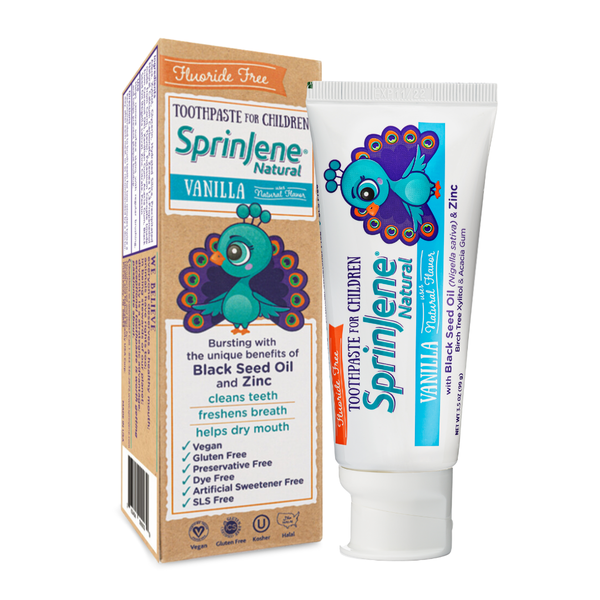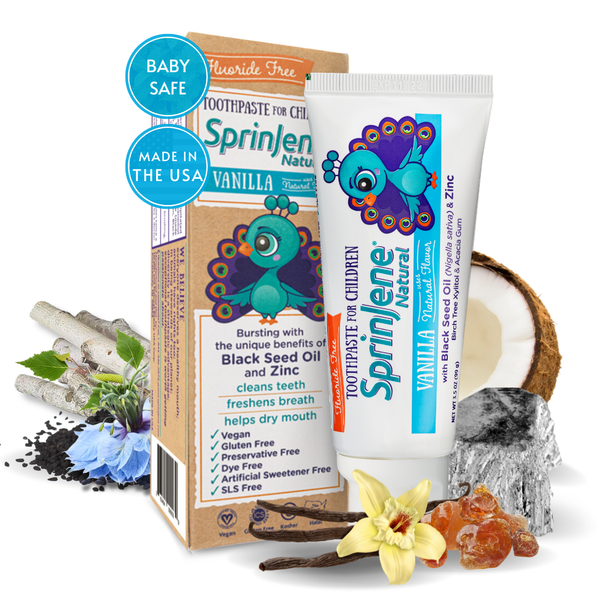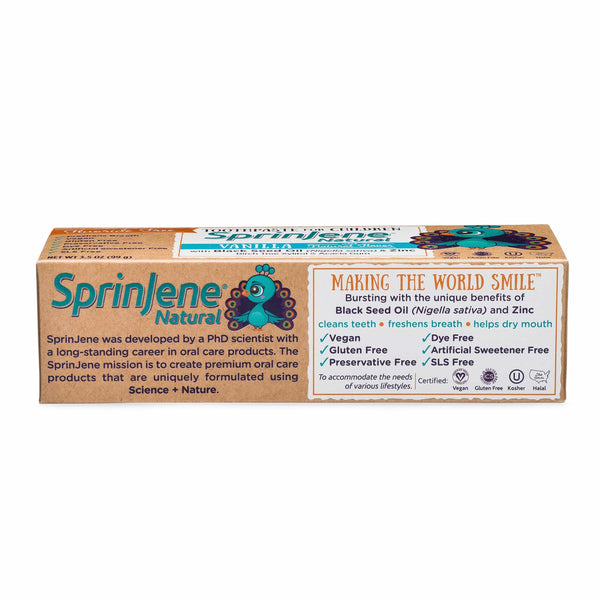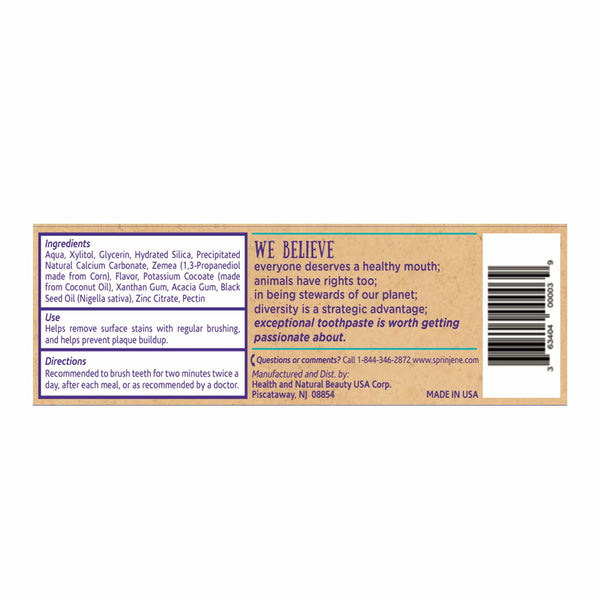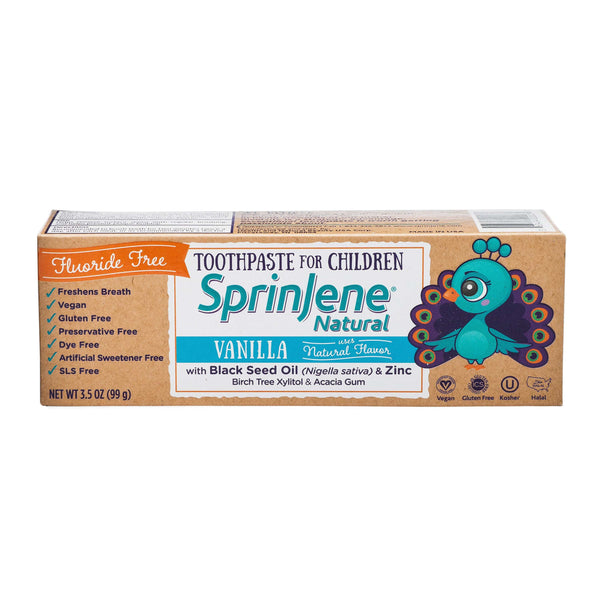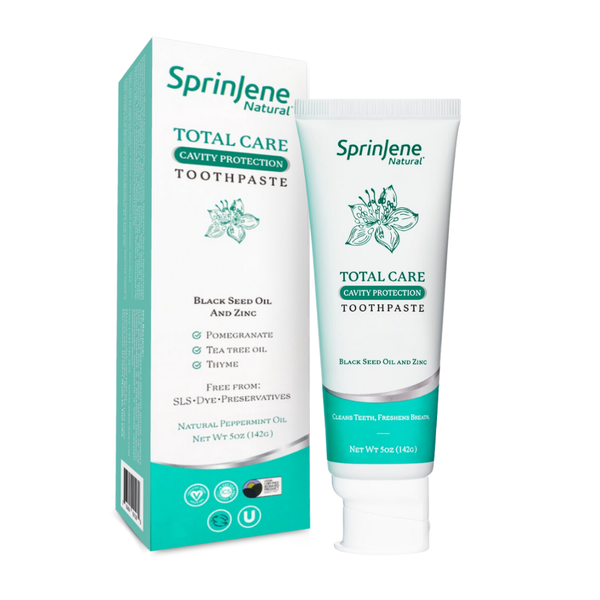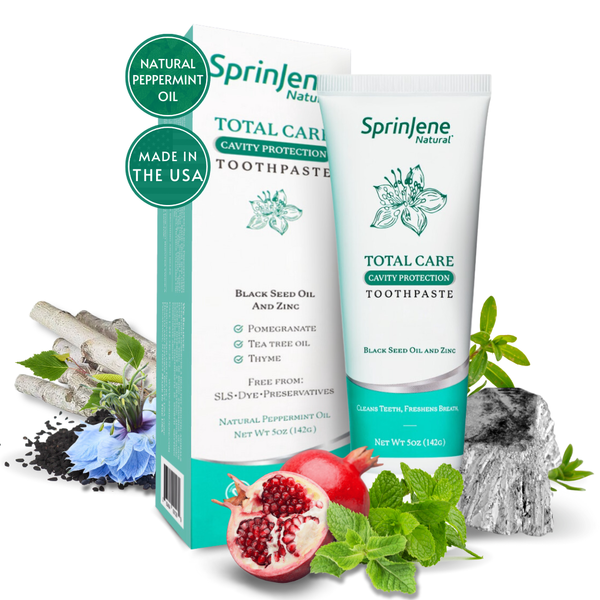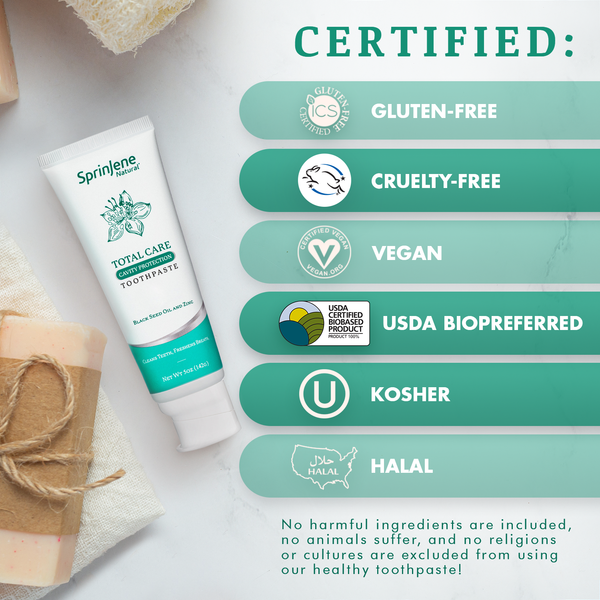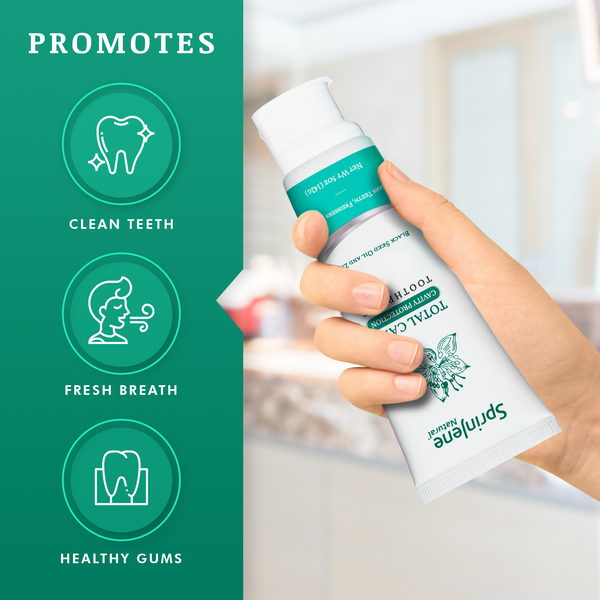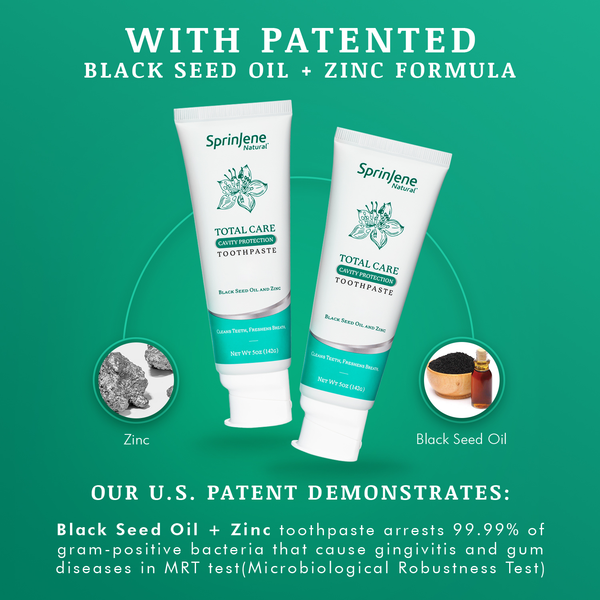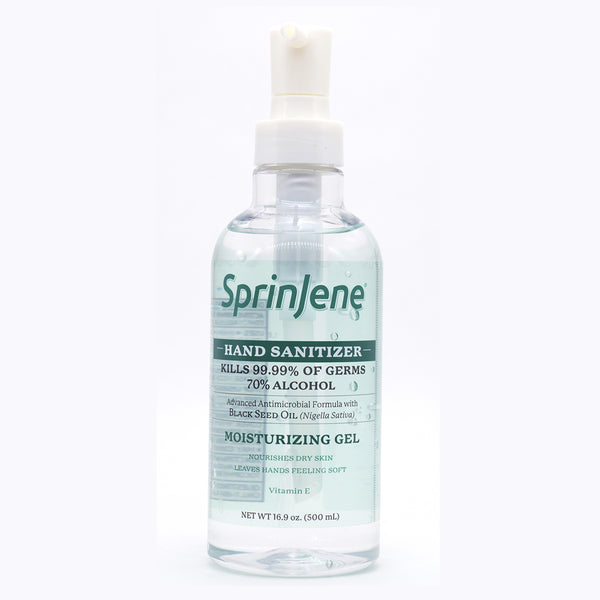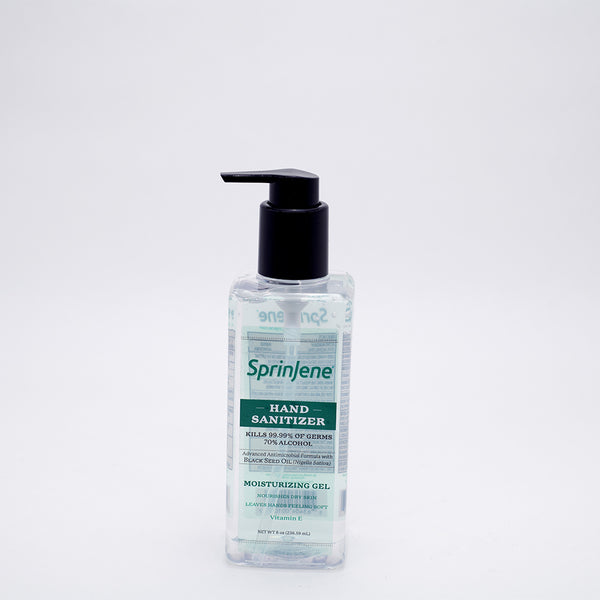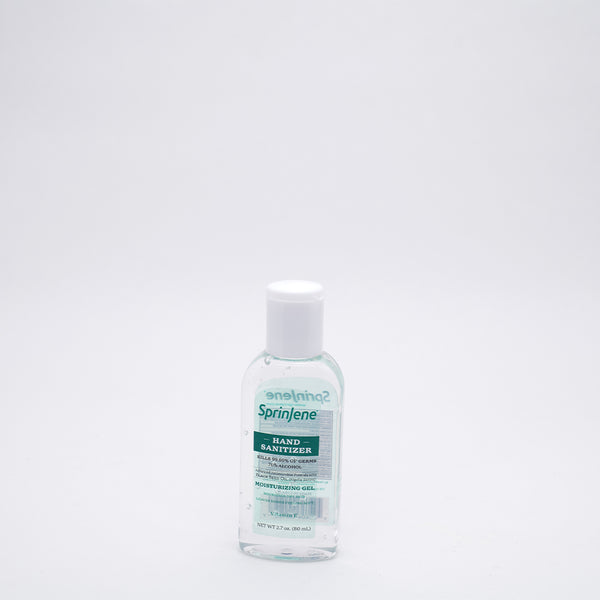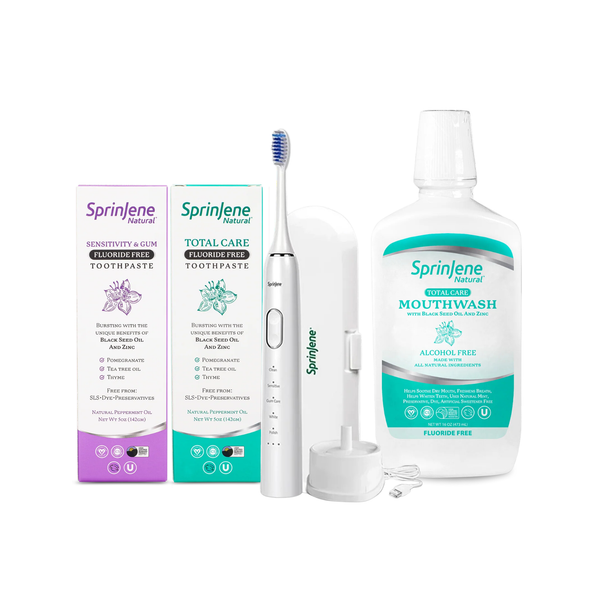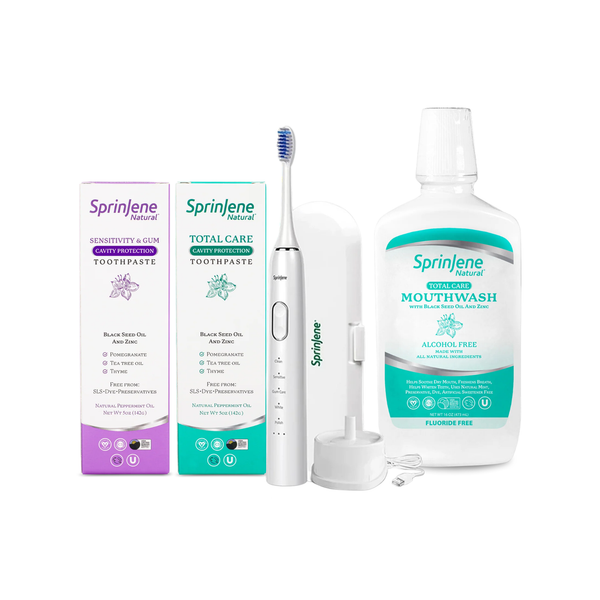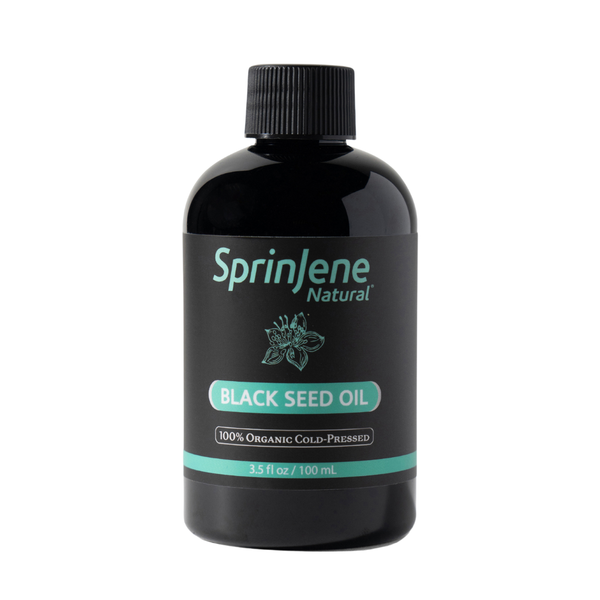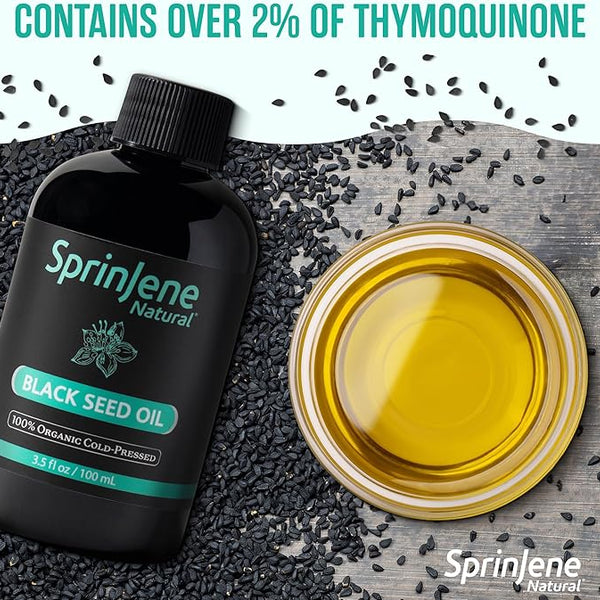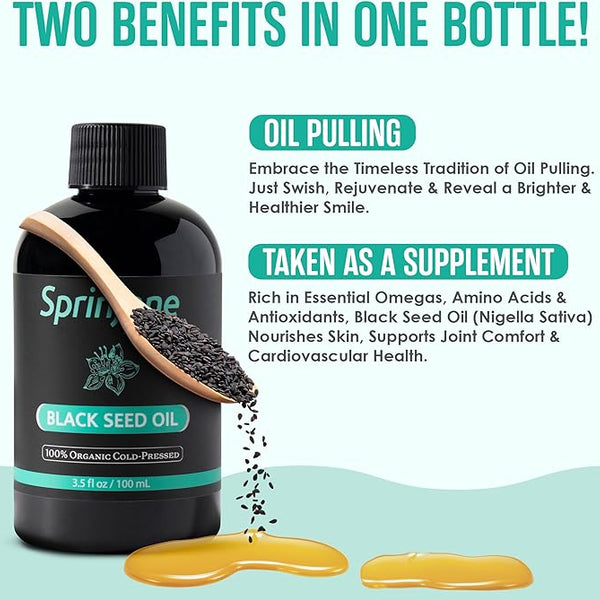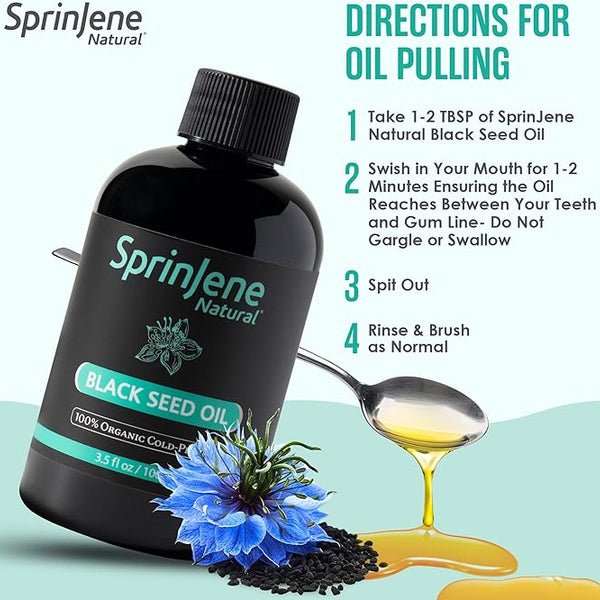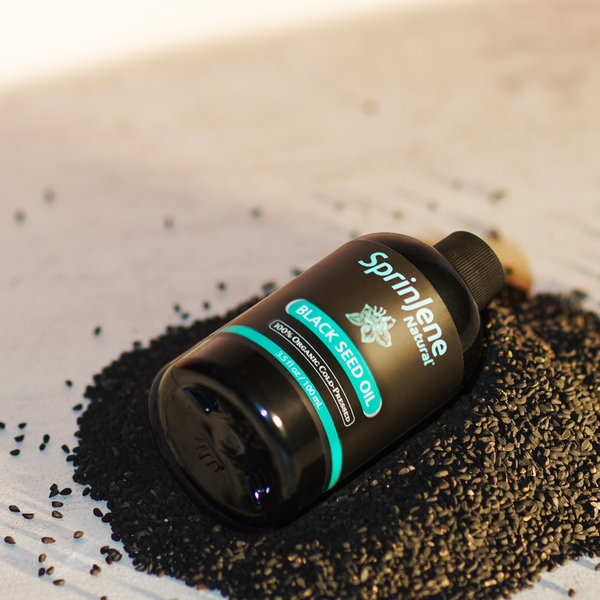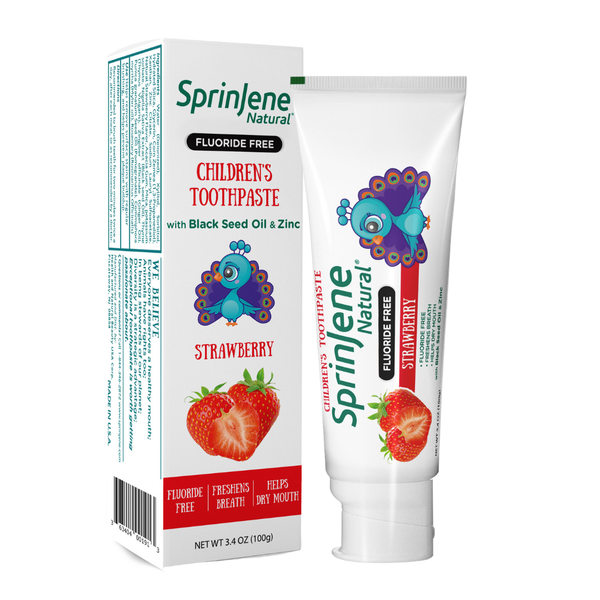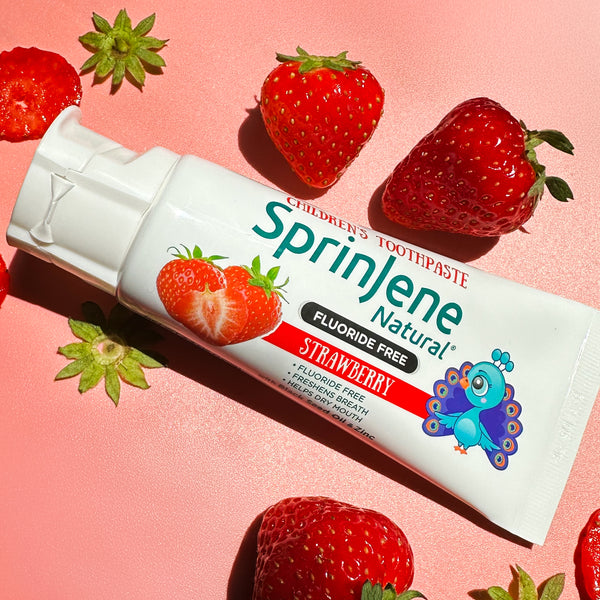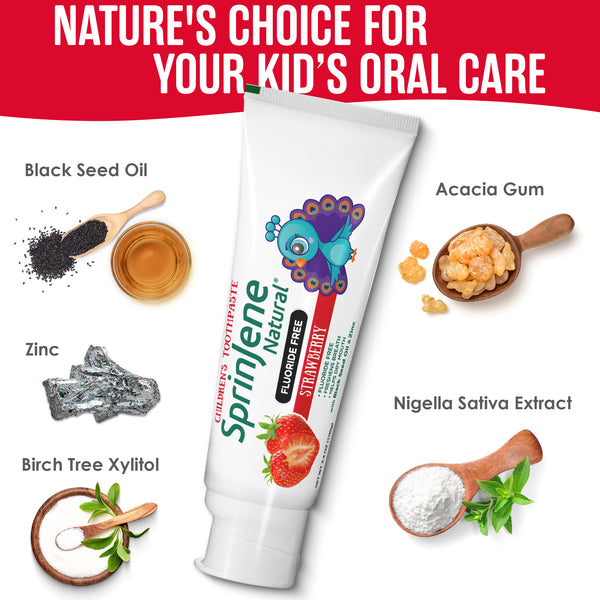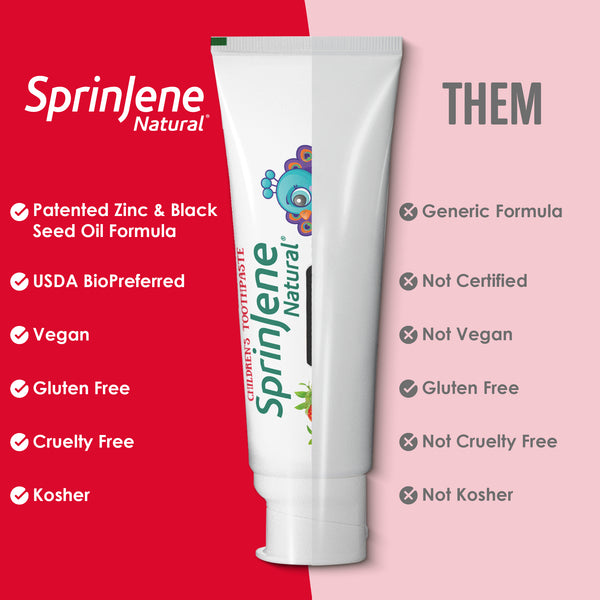The black seed plant (Nigella sativa) from the buttercup family has been used for its healing properties since the beginning of recorded history. It goes by many names including black cumin, fennel flower, black caraway and Roman coriander. No matter what you call it, the simple black seed of this flowering plant has found a prominent place in many medicinal traditions.
Traditional Medicine
More than 3,000 years ago, the black seed was used in ancient Egypt and Assyria to treat disease. It was valued highly; Tutankhamen even had a bottle in his tomb! The Greek physician Dioscorides recorded that the black seed could help treat a wide variety of ailments, while the Romans used it as a dietary supplement.
Black seed is an established part of both the Chinese ancient system of herbal medicine and the Indian Ayurvedic medicinal tradition. Throughout the Middle East today, the black seed is known as Baraka, or “blessed seed”.
Scientific Research on Black Seed Oil
Since the 1950’s, hundreds of scientific studies have documented remarkable results on black seed’s ability to help stop infections, regulate allergic reactions and improve the body’s defense systems. The black seed has earned a top-ranked position among the most promising plants in modern medical research.
Black seed has captivated the attention of the medical community worldwide because, to put it simply, it’s quite rare to have so much powerful good stuff concentrated in one place.
Researchers attribute black seed’s power to its unique combination of oils, phytochemicals and other nutrients. Together they have amazingly potent antioxidant, anti-inflammatory, anti-bacterial and anti-fungal properties. The anti-inflammation benefits help explain black seed’s versatility since a wide range of medical conditions, from asthma and allergies to intestinal disorders to some cancers, has inflammation at their root.
Black seed oil’s diverse chemical makeup includes over 40 compounds with well-documented nutritional and therapeutic benefits. It is rich in powerful phytochemicals (such as thymoquinone, thymohydroquinone, thymol), Vitamin E, healthy oils and several vitamins and minerals. These work together to help provide protection against cell damage, harmful bacteria and inflammation.
The oil from the black seed contains several useful omega fatty acids, such as omega-9 (also found in olive oil and avocados), and phospholipids (a kind of fat that is used to make cell membranes). This is interesting for toothpaste for a couple of reasons. The unique combination of oils forms a protective coating on the soft tissues in your mouth. They help protect against dry mouth and keep your mouth naturally moist all day long.
These oils also work in synergy with zinc to keep the bad bacteria out of your mouth and the good bacteria in balance. Together, black seed oil and zinc help protect your mouth from plaque, tarter, bad breath and gum disease.
Read more: S Banerjee et al., 2014; A Ahmed et al., 2013; MA Randhawa et al., 2011; MS Butt et al., 2010; PM Paarakh, 2010,ML Salem et al., 2005)
Cold Pressed Black Seed Oil
The black seed oil used in SprinJene is cold-pressed, which is the more expensive way to go, but it has two significant advantages. First, it means no solvents – or detergents – are used to extract the oil. Plus you can be sure it’s pure—free from detergent residue.
The second benefit is perhaps more widely known. Cold-press techniques are, generally speaking, the best way to take care of the nutrients in an oil. (Any oil, not just black seed oil.) This is because heat isn’t used, and high heat will harm many delicate active ingredients. Since black seed oil is composed of a rich and diverse range of nutrients, we want to take good care of all of them!
Black Seed Oil and Cancer Research
While it isn’t directly related to toothpaste, we think it’s exciting that a main active ingredient in black seed oil, a substance called thymoquinone (TQ), is making research headlines around the world for its potential role in both cancer prevention and cure. It has well-documented anti-inflammatory, antioxidant and anti-cancerous properties. It has been proven effective in stopping the growth, and some cases even causing the death, of tumors for several types of cancer—especially effective on cancers associated with inflammation.
Read more: M AbuKhader, 2014; Y Tingfang et al., 2009; R Shneider-Stock et al. 2013; S Darakhshan et al., 2015
Disclaimer: The FDA recognizes black seed oil as a safe ingredient. Black seed oil has not been approved by the FDA to diagnose, treat, cure or prevent any disease.




